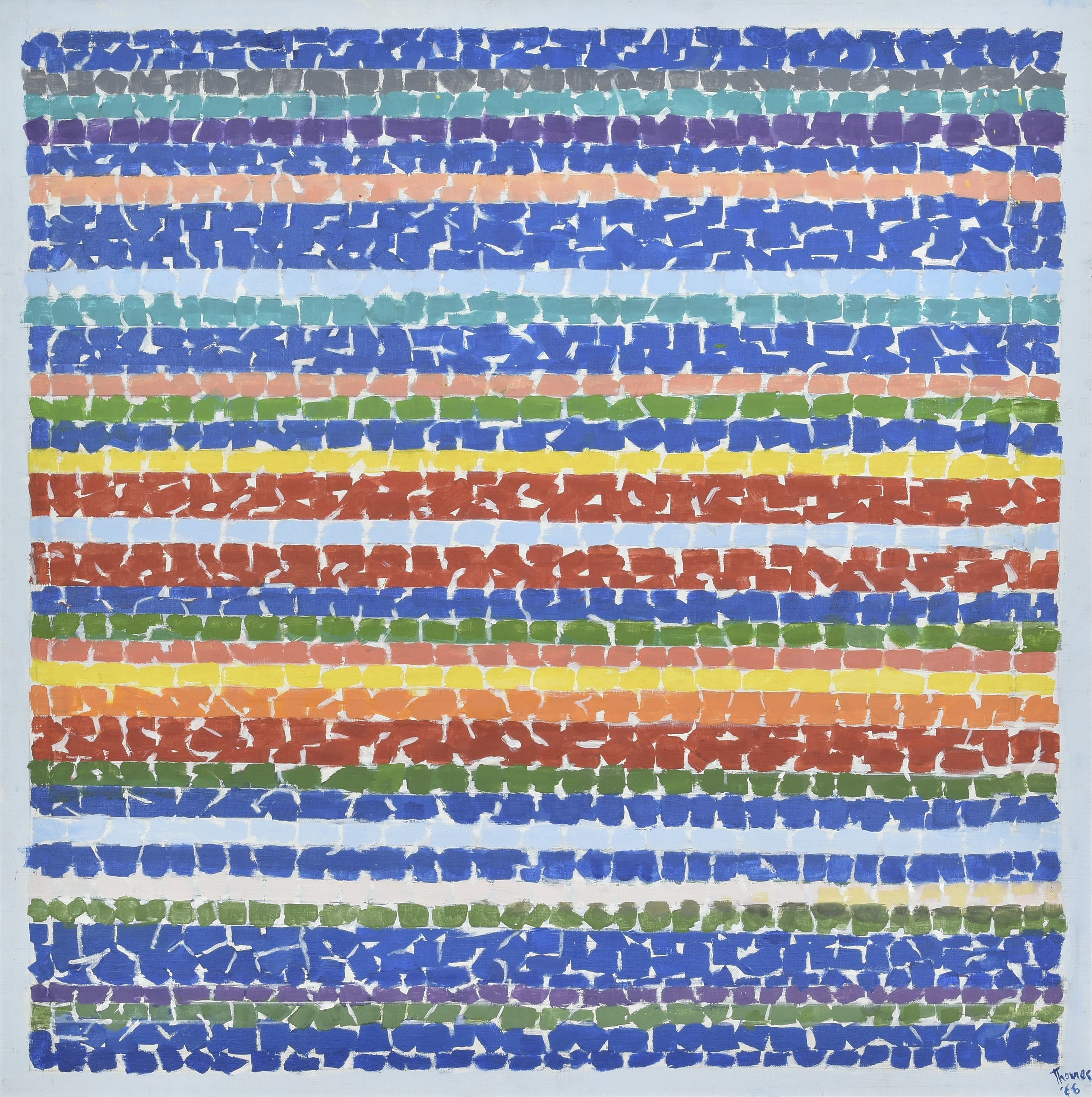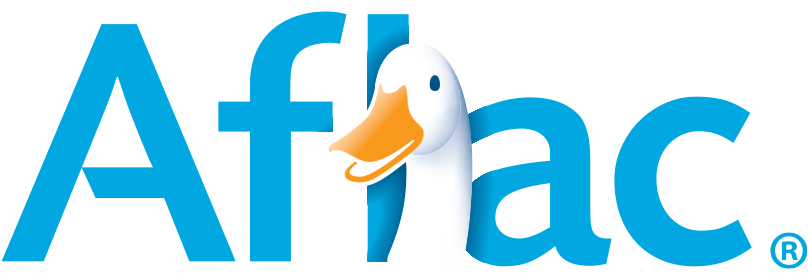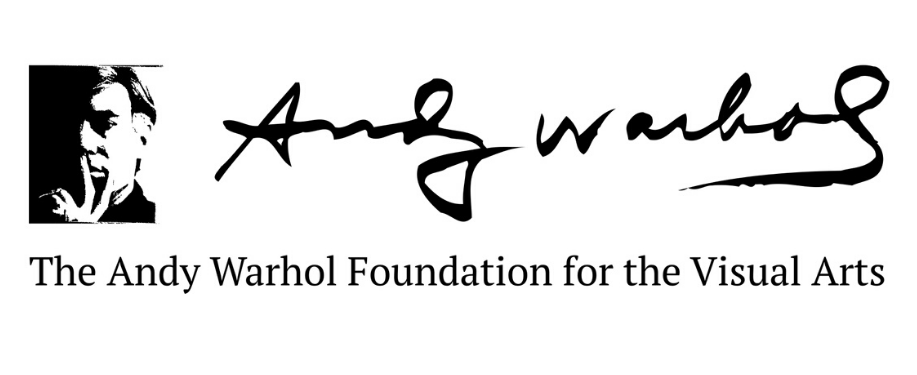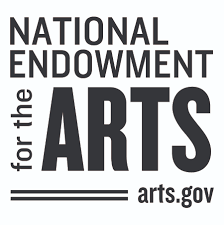Alma W. Thomas: Everything Is Beautiful
Coming to The Columbus Museum Summer 2022
Renowned artist Alma W. Thomas’ (1891-1978) artistic journey took her from Columbus, Georgia, to international recognition. Alma W. Thomas: Everything Is Beautiful will offer a comprehensive overview of her extraordinary career with more than 150 objects, including her rarely seen marionettes and well-known abstract paintings. The exhibition debuts at the Chrysler Museum of Art in Norfolk, Virginia, where it will be on view July 9-Oct. 3, 2021. It will also visit The Phillips Collection in Washington, D.C., and The Frist Art Museum in Nashville, Tennessee, before closing at The Columbus Museum in Columbus, Georgia, in summer 2022. The exhibition is co-organized by the Chrysler Museum of Art and The Columbus Museum.
Alma W. Thomas: Everything Is Beautiful will demonstrate how Thomas’ artistic practices extended to every facet of her life, from community service and teaching to gardening and dress. Unlike a traditional biography, the exhibition will be organized around multiple themes from Thomas’ life and career. These themes include the context of her Washington Color School cohort, the creative communities connected to her time at Howard University, and peers who protested museums that failed to represent women and artists of color.
The exhibition is co-curated by Seth Feman, Ph.D., the Chrysler’s deputy director for art and interpretation and curator of photography, and Jonathan Frederick Walz, Ph.D., director of curatorial affairs and curator of American art at The Columbus Museum. Everything Is Beautiful will include a wide range of artworks and archival materials that reveal Thomas’ complex and deliberate artistic existence before, during and after the years of her mature output and career-making solo show at the Whitney Museum of American Art in 1972. She was the first African American woman to have a solo show at the famed New York institution.
“Alma W. Thomas is well known for retiring as a junior high school teacher and then rising to prominence in the 1960s and 70s, after her Whitney show,” said Feman. “This exhibition offers a broader view of her life and career, demonstrating how her enduring interest in painting as well as gardening, music, theater, fashion, teaching and community service complemented and reinforced every facet of her creative work.”
In 2015, Alma Thomas’ Resurrection was added to the White House Collection. One year later, her work was on view in a two-venue exhibition at the Tang Museum and The Studio Museum in Harlem. In recent years, her works have been acquired by notable public institutions, including the Museum of Modern Art and the National Museum of African American History and Culture. Alma W. Thomas: Everything Is Beautiful aims to supplement this recent attention, ensuring new discoveries even for those familiar with Thomas’ creativity.
“Since her passing in 1978, several exhibitions have highlighted the extraordinary paintings Thomas created in the last 10-15 years of her life,” Walz said. “Everything Is Beautiful, which includes works that were not in those exhibitions, offers the opportunity to gain deeper insights into her artistic development.”
This exhibition is built on a collaboration that began years ago. The Columbus Museum’s deep holdings in Thomas-related archives include her student work of the 1920s, marionettes from the 1930s, home furnishings, ephemera and little-known works on paper. These materials strongly complement the Chrysler’s collection of works made by mid-century Washington, D.C., artists. Drawing on these strengths, both institutions, working together, are able to offer a robust, but until now mostly untold, account of Thomas’ artistic journey. Everything Is Beautiful demonstrates that Thomas’ imagination and ingenuity were well developed long before her retirement in 1960, and that her creativity extended far beyond the studio to encompass clothing design, innovative teaching, and backyard gardening, among other activities.
“The Columbus Museum collection includes an extraordinary body of material related to Thomas, thanks to gifts from her family, particularly her sister John Maurice Thomas,” said Walz. “By sharing a selection of these objects, many of which haven’t been seen outside of Georgia, we hope to offer new insights into Thomas’ diverse body of work and invite viewers to be inspired by the beauty and creativity of her life.”
Taking cues from Thomas’ wide-ranging interests and her broad network of collaborators and supporters, the co-curators developed a scholarly approach that resonated with the artist’s own disregard for pigeonholes and subjective limitations. They assembled an interdisciplinary advisory committee of more than 20 scholars of diverse backgrounds and experiences and convened a two-day gathering at the University of Maryland Center for Art and Knowledge at The Phillips Collection in January 2020. The discussions during the study days, along with the conversations that continued since, have highlighted several underexamined facets of Thomas’ creativity: her relationship to the domestic and urban environments in which she lived; the expression of her intersectional identity through stage work and self-fashioning; her use of art as a form of educational and community activism; her ecocritical grasp of nature’s importance amid urbanization; and her remarkable studio practice, in which she worked through series and adapted to physical and technical challenges to open new creative pathways.
“Thomas’ diverse creative interests and social commitments were unified by one enduring principle: a belief that an unwavering search for beauty can transform people’s lives and their communities,” said Feman. “Thomas’ search reveals how creativity itself is generated and nurtured, how she leveraged it to improve life in her neighborhood and the wider community, and how the lessons she taught can be applied to public life today.”
CATALOGUE
A full-color, 336-page hardcover catalogue published by the organizing institutions and distributed by Yale University Press will feature a large collection of new scholarship by several contributors, incorporating an array of perspectives on Thomas’ life and art. Longform essays include Africana scholar Tiffany Barber on Thomas and performance and self-fashioning; historian Rebecca Bush on Thomas’ upbringing and family history in Jim-Crow-era Georgia; art historian Aruna D’Souza on Thomas’ significant place in the controversies surrounding the display of African American art in the 1960s and 1970s; curator Jonathan F. Walz on motion in Thomas’ art; and a team of conservators from the Smithsonian on the way Thomas resourcefully modified her materials and artistic processes to adapt to, and even incorporate, aging and impairment. Shorter essays by 11 interdisciplinary scholars will emphasize how close looking from diverse vantage points can reveal surprising and illuminating interpretations. These include an exploration of Thomas’ classroom activities, her church life, perception of her age and gender, the cultivation of her garden, the context of environmentalism, the international display of her work and more. Essayists include Seth Feman, Jacqueline Francis, Kimberli Gant, Grey Gundaker, Michael D. Harris, Melanee C. Harvey, Amy M. Mooney, James Nisbet, Nell Irvin Painter and Rebecca VanDiver. The eclectic approach to the catalogue follows from Thomas’ own disregard for silos, borders and other arbitrary boundaries, echoing the artist’s insistence on collaboration and interdisciplinarity. Together, these insights add dimension and complexity to our understanding of Thomas and her world. The catalogue will be available for purchase from the Chrysler Museum of Art and The Columbus Museum.
This exhibition includes travel to the following institutions:
The Chrysler Museum of Art
Norfolk, Va.
July 9, 2021 — October 3, 2021
The Phillips Collection
Washington, D.C.
October 30, 2021 — January 23, 2022
The Frist Art Museum
Nashville, Tenn.
February 25 — June 5, 2022
The Columbus Museum
Columbus, Ga.
July 1 — September 25, 2022
Support
Aflac is proud to sponsor Alma W. Thomas: Everything Is Beautiful. The exhibition has also been made possible in part by major support from the Henry Luce Foundation, the Andy Warhol Foundation for the Visual Arts, and the National Endowment for the Arts.





